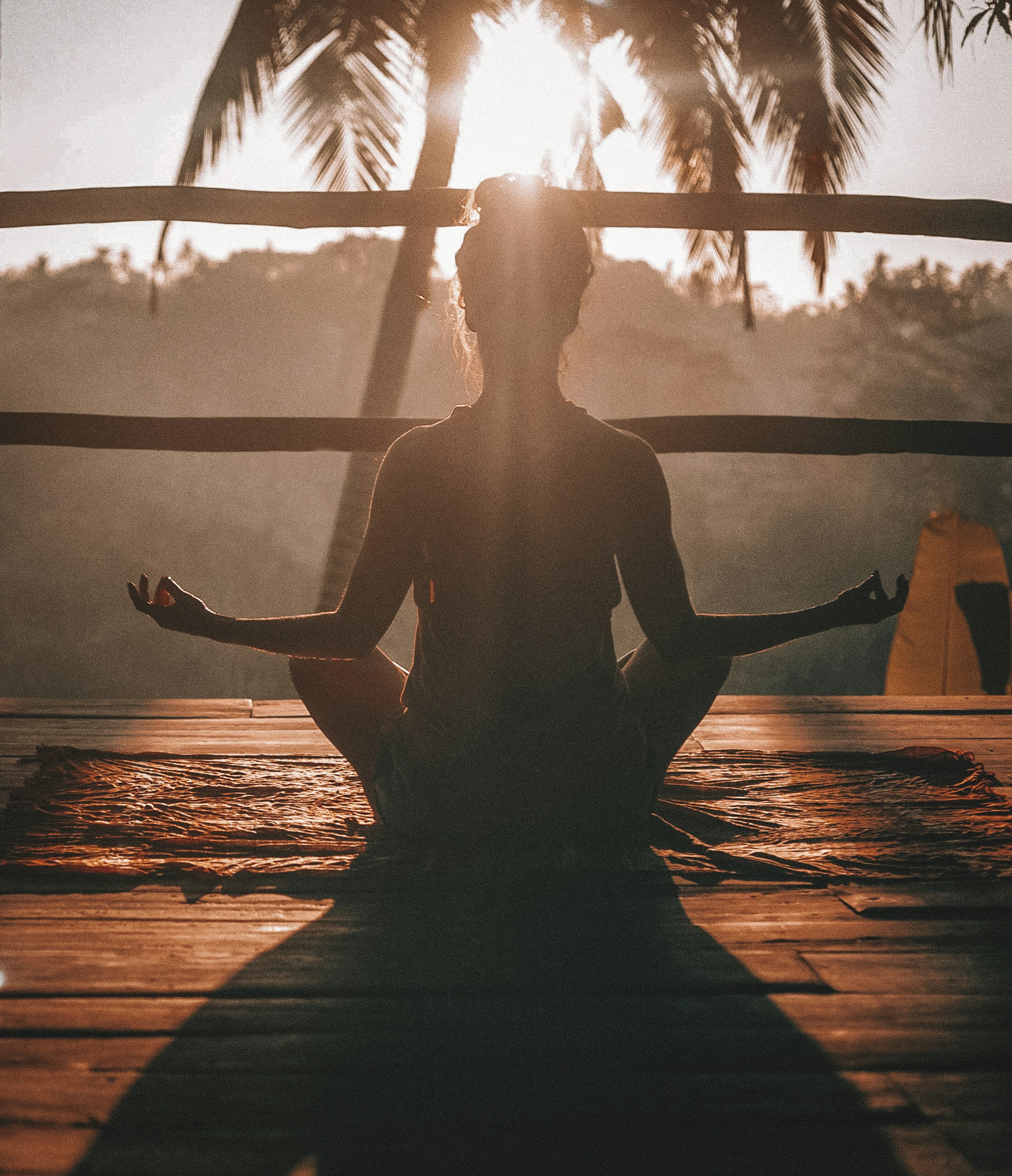
Introduction: In today’s globalized and media-saturated world, there are ongoing discussions about the extent of influence that corporations, cults, and celebrities hold over various aspects of society. This article examines the dynamics of power and influence that these entities possess, exploring their impact on governance, culture, and public perception. It helps answer who runs the world?
I. Corporate Influence on who runs the world:
A. Lobbying and Political Contributions: Corporations exert significant influence on governance through lobbying and political contributions. By allocating substantial financial resources, corporations can shape legislation, regulations, and public policies that align with their interests. This influence can lead to preferential treatment, deregulation, and the prioritization of profit over the public good.
B. Regulatory Capture: Regulatory capture occurs when regulatory bodies tasked with overseeing corporations become influenced or controlled by the very entities they are meant to regulate. This can result in weakened enforcement, inadequate oversight, and policies that favor corporate interests over consumer protection, environmental sustainability, and social well-being.
C. Global Economic Power: Multinational corporations wield immense economic power on a global scale. Their ability to move capital, influence trade agreements, and control supply chains can significantly impact nations’ economies and shape global financial systems. This concentration of power can lead to income inequality, exploitation of labor, and the erosion of workers’ rights.
 II. The Influence of Cults on who runs the world:
II. The Influence of Cults on who runs the world:
A. Manipulation and Control: Cults often employ manipulative tactics to exert control over their members. Through psychological manipulation, isolation from outside influences, and the exploitation of vulnerability, cult leaders can influence decision-making processes, beliefs, and behaviors of their followers. This influence can extend beyond personal lives, impacting social interactions and even political beliefs.
B. Cults and Political Movements: In some cases, cult-like dynamics can be found within political movements. Extreme ideologies, charismatic leaders, and the cultivation of an us-versus-them mentality can create a cult-like following within political spheres. This influence can lead to the radicalization of individuals, the erosion of democratic norms, and the marginalization of dissenting voices.
III. The Power of Celebrity Influence:
A. Cult of Personality: Celebrities often enjoy a cult of personality, where their influence extends beyond their specific fields of expertise. Through their fame, charisma, and the media’s portrayal, celebrities can shape public opinion, consumer behavior, and cultural trends. This influence can be both positive, such as when celebrities use their platforms for social change, or negative, when their influence perpetuates superficial values or misinformation.
B. Celebrity Endorsements and Consumerism: Celebrities’ endorsements can greatly impact consumer behaviour and brand loyalty. Their association with products or causes can sway public opinion and influence purchasing decisions. However, this influence may also contribute to the culture of materialism, encouraging excessive consumption and reinforcing societal values cantered around appearance, wealth, and status.
IV. Unveiling the Complex Power Dynamics Of Who Runs The World:
A. Interconnected Influence: The power dynamics between corporations, cults, and celebrities are not mutually exclusive but often interconnected. Celebrities may be used as brand ambassadors by corporations, endorsing products and influencing consumer behavior. Cults can have ties to wealthy individuals or corporate entities, enabling them to access resources and gain a degree of protection or support.
B. Media and Public Perception: The media plays a pivotal role in shaping public perception of corporations, cults, and celebrities. The choices made by media outlets, such as what stories to cover and how they are presented, can influence public opinion and shape narratives. This power can reinforce existing power structures or challenge them, depending on media ethics and the diversity of voices represented.

V. Navigating the Influence:
A. Promoting Transparency and Accountability: To counterbalance the influence of corporations, cults, and celebrities, transparency and accountability measures are crucial. Robust regulatory frameworks, campaign finance reform, and independent oversight bodies can help mitigate undue influence and protect public interests. Holding all entities accountable to ethical standards is essential for a healthy and equitable society.
B. Critical Thinking and Media Literacy: Promoting critical thinking and media literacy skills is essential for individuals to navigate the influence of corporations, cults, and celebrities. By critically evaluating information, questioning narratives, and seeking diverse perspectives, individuals can make informed decisions and resist manipulation or undue influence.
Conclusion: While corporations, cults, and celebrities undoubtedly wield significant influence over various aspects of society, their power is not absolute.
By promoting transparency, accountability, critical thinking, and media literacy, individuals and communities can actively navigate and challenge these power dynamics. In doing so, we can strive for a more equitable, informed, and participatory society that prioritizes the well-being and interests of all.





